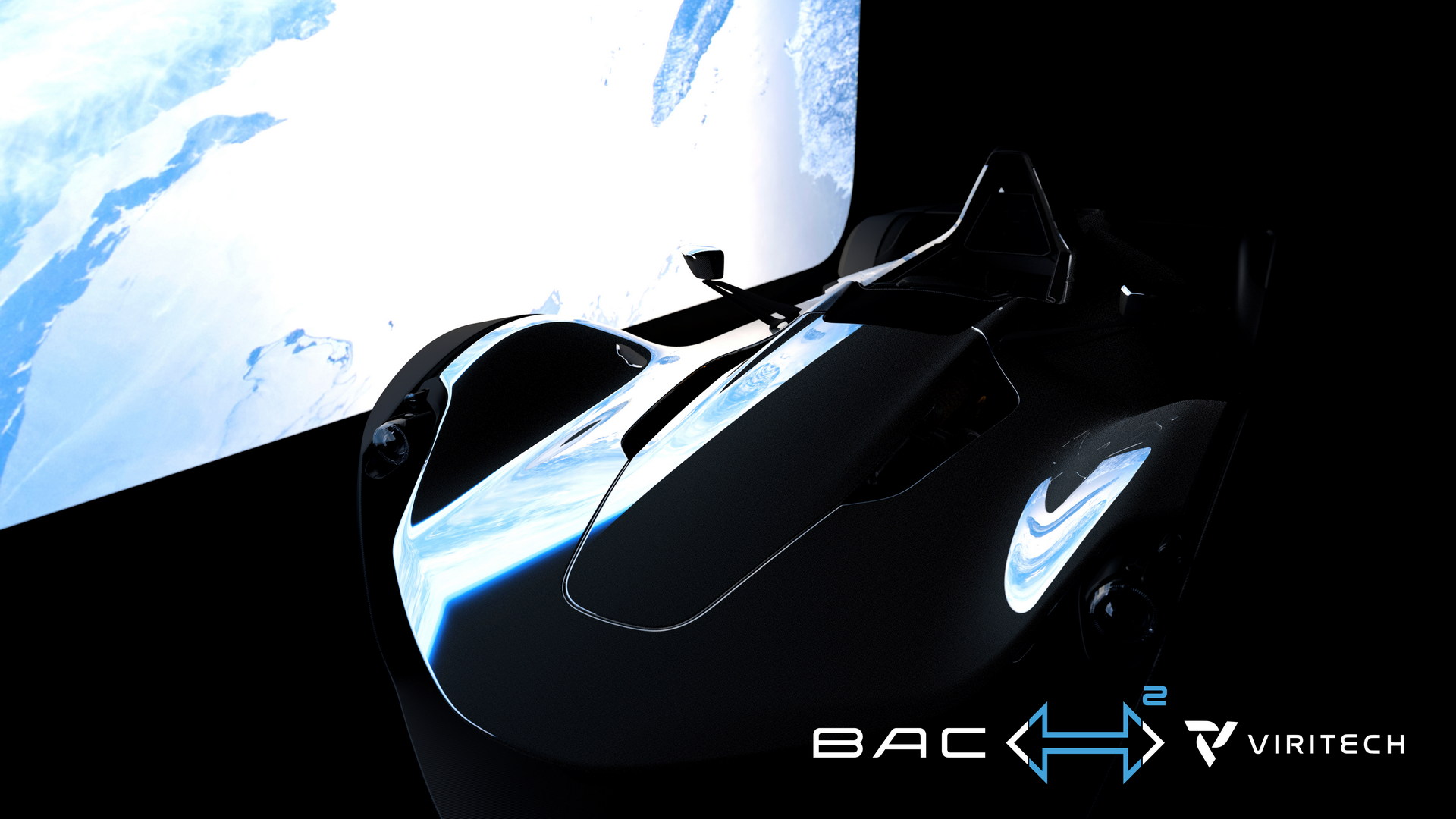A few major automakers like Toyota or Hyundai are heavily investing in hydrogen alongside battery electric vehicles but for smaller companies, this kind of technology is usually unattainable. This however doesn’t apply to BAC, the manufacturer of the Mono single-seater, which announced the collaboration with Viritech for an FCEV version of their track-focused model.
The goal for UK-based Briggs Automotive Company (BAC) is to make the transition to zero emissions by 2030 when the ICE ban in their home market will force them to discontinue the current offerings. Thus, they joined forces with Viritech, another UK-based company that is developing hydrogen powertrain technologies for the automotive, aerospace, marine, and distributed power industries. The collaborative effort that is described as a “feasibility study into developing a hydrogen powertrain for niche vehicle applications” will be funded by the Office for Zero-Emission Vehicles (OZEV) through the Niche Vehicle Network and supported by Innovate UK.
See Also: All-New BAC Mono Breaks Cover With 332 PS, 0-60 In 2.7 Sec
The BAC Mono FCEV is based on the existing chassis of the Mono but instead of the Ford-sourced Ecoboost petrol engine, it will be fitted with electric motors being powered by hydrogen fuel cells. Teaser photos of the hydrogen-powered Mono reveal a familiar design with a special wrap highlighting the difference under the skin. The company suggests that the Mono FCEV will retain its principles of “uncompromising performance and driver experience”.
Neill Briggs, BAC Co-Founder and Director of Product Development, said that they are delighted to be working with Viritech and added that they will continue exploring “alternative fuels, along with lightweight construction methods” including the Graphene and Niobium materials in order to considerably reduce vehicle emissions without compromising driver engagement.
We don’t have a timeline on the reveal of the BAC Mono FCEV but we suspect we are going to see it in concept form before a possible market launch by 2030.










